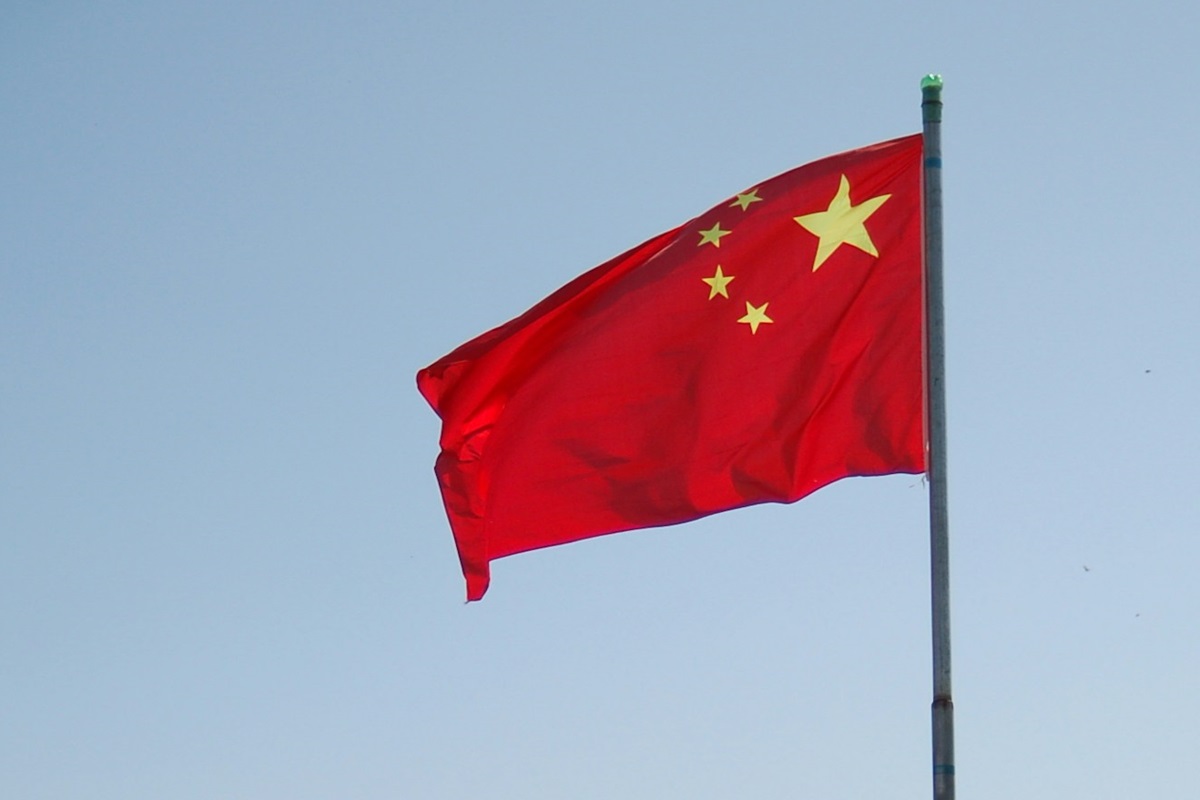The media reported that regulators intend to inform the head of the People’s Republic of China Xi Jinping about the stock market situation.

It is worth noting that there is currently a growing expectation that Beijing will take measures aimed at preventing a stock market crash in the specified Asian country.
Chinese stock indexes showed an upward trend after the media reported on the intention of regulators headed by the Securities Regulatory Commission to inform the government about the market situation and the latest policy initiatives related to the relevant state of affairs. Journalists published information about the upcoming discussion of the state of the exchanges with reference to anonymous insiders who know about the details of the planned meeting.
The benchmark CSI 300 closed 3.5% higher on its best day since the end of 2022, amid news containing something like signs of hope. The share price of small-cap companies, which have so far had the greatest burden caused by the stock market collapse, has shown growth. The CSI 1000 index increased by 7%. This growth rate is the highest since 2008.
It is worth noting that there is currently no understanding regarding the results of the meeting of regulators with the top political leadership of China. In this case, the results are meant in the form of specific follow-up actions and measures. Obviously, against this background of uncertainty, there is no guarantee that communication between the top political leadership and regulators will have effective consequences. At the same time, traders hope that the meeting will have a positive effect in terms of their interests.
Since the peak in 2021, about $7 trillion has been wiped off from the stock markets of Hong Kong and China. Step-by-step solutions to stimulate economic growth and stabilize markets have so far failed to improve the mood in the relevant financial space and have not become a reason to strengthen confidence.
Currently, normalization of the stock market situation is a very important task for Beijing. If the corresponding goal is not achieved, the decline in consumer confidence will continue. Against the background of this trend, China’s economic system will lose one of the basic elements of growth. Nowadays, the stabilization of the situation on the stock markets is of increased relevance, as the Asian country is approaching the week-long Lunar New Year holidays.
Li Weiqing, fund manager at JH Investment Management Co., said that the news of the meeting by the PRC head with regulators is an encouraging development and indicates that the market state of affairs is approaching limits that are beyond the comfort situation for the authorities. According to the expert, Beijing in this case uses all its capabilities but does not appeal to market participants to buy shares, while simultaneously positioning the current moment as the most appropriate for taking appropriate actions.
The news of Xi Jinping’s meeting with regulators came after several statements supporting stimulative initiatives were made. For example, Central Huijin Investment Ltd., a unit that owns shares of the Chinese government in large financial institutions, has promised to buy more exchange-traded funds. The securities watchdog has announced its intention to make every effort to maintain stable market operations.
The influx of foreign investments into the Asian country has shown a sharp increase. On Tuesday, February 6, foreign funds added more than 12 billion yuan ($1.7 billion) of shares in mainland China. This figure is the highest since the beginning of the current year.
It is worth noting that in this case, there is a risk for buyers of the stock, which is that after Xi Jinping’s meeting with regulators, no concrete measures will be taken and at least encouraging statements indicating Beijing’s positive intentions will not be made. In case of a negative scenario, the sale of shares will resume. Last year, there were many so-called false rises in the Chinese market. The rebound barely, driven by stimulus measures, lasted only a few days as trader sentiment worsened amid weak economic results and the emergence of new political risks.
The Chinese stock market crash recorded in 2015 is an example that a rescue attempt, whatever it is in terms of scale and potential effect, may not trigger rapid changes. In the mentioned year, Beijing struggled with speculative trading and targeted market manipulation. Some investors were advised to avoid a stock sell-off. At the same time, it took the securities several months to bottom out. Moreover, the stock peaked at a much lower level than the 2015 high.
Rajat Agarwal, Asia equity strategist at Societe Generale SA, says that government support measures can lead to a tactical rebound, but there is no confidence in the sufficiency of such solutions to ensure sustainable growth. In this context, the expert mentioned 2015, when securities buying began in the summer, but the market bottomed out in early 2016.
Currently, there are clear signs of an economic downturn in China, showing a tendency to continue in the foreseeable future. Against the background of these realities, the authorities are beginning to signal their readiness to take measures to improve the situation. Xi Jinping is showing signs of increasing personal involvement in China’s financial and economic policies. At the end of last year, he visited the central bank of the Asian country. This visit was a notable event, indicating that the country’s leadership is aware of the complexity of the current economic situation.
The media, citing insiders, report that over the past few months, the Chinese authorities have been working around the clock to come up with market rescue measures. The securities regulator worked on weekends. The National Financial Regulatory Administration has held more than ten meetings over the past two months to discuss the stabilization of capital markets.
This week, the Chinese authorities decided to tighten trade restrictions. As part of the relevant measures, some quantitative hedge funds were prohibited from placing sell orders. It was also decided that it was impossible to take action to cut stock positions in market-neutral funds using borrowed funds as part of efforts to prevent losses.
On Monday, January 5, the securities regulator announced its intention to recommend brokerage companies to adjust margin call levels and maintain flexible liquidation lines to limit forced sales.
Previous efforts by the Chinese authorities included limiting short selling and state buying of shares in the country’s largest financial institutions. These actions had the result of a minor success in restoring investor confidence, which in recent years has been influenced by such a negative factor as a slowdown in economic growth. Also in the relevant context, it should be noted such circumstances as the growing control over private business by the Chinese authorities and harsh measures to influence the relevant environment. Against this background, investor confidence will show a decline, which is logical and natural in the context of the current configuration of economic reality.
The Chinese stock market has shown some improvement this week, but overall the situation continues to be negative. The CSI 300 index fell to a five-year low at the end of last week. Moreover, this figure has decreased by more than 40% compared to the peak in 2021.
Xu Dawei, fund manager at Jintong Private Fund Management in Beijing, says that the fact of Xi Jinping’s meeting with regulators may signal that the situation has deteriorated significantly, which is why the top political leadership should be informed about this. The expert also noted that if the meeting were reported by the Chinese state media, and not by journalists from other countries, as was the case in this situation, there would be a reason to declare a pivot point.
As we have reported earlier, China’s Services Activity Expands at Slow Pace.









